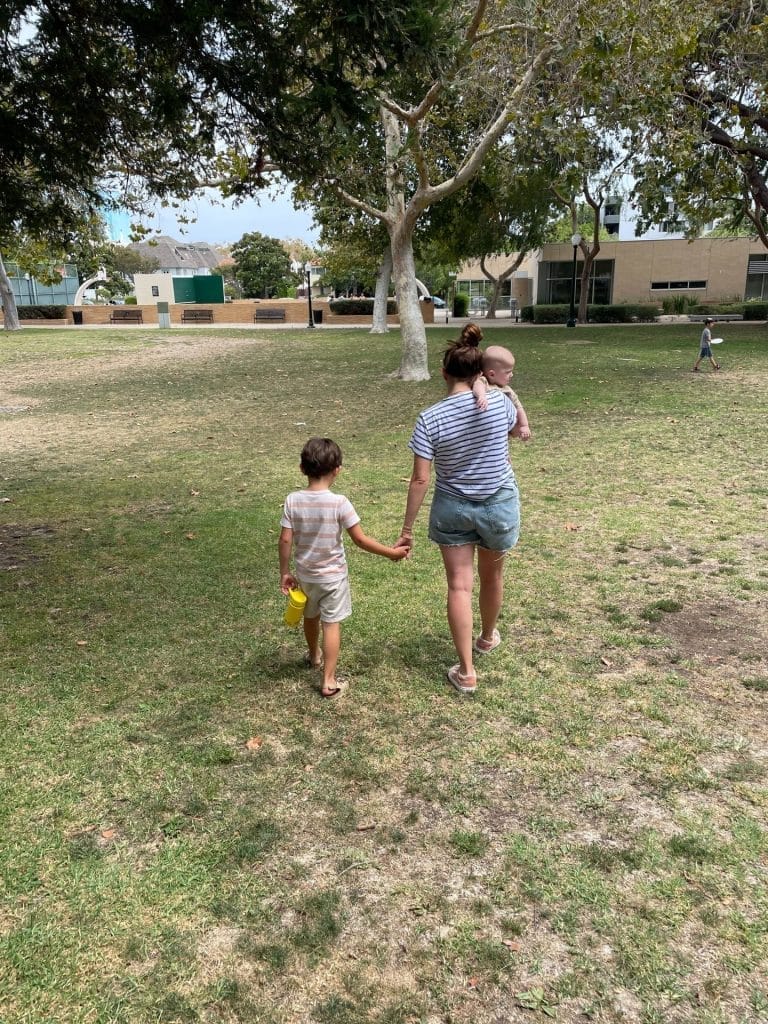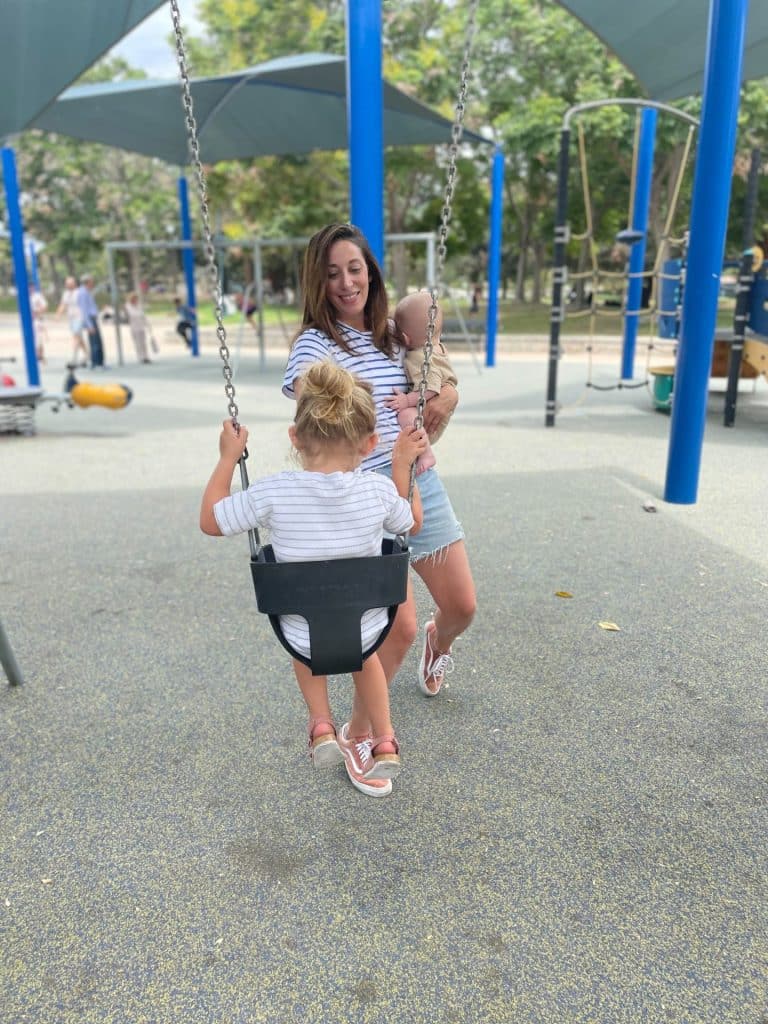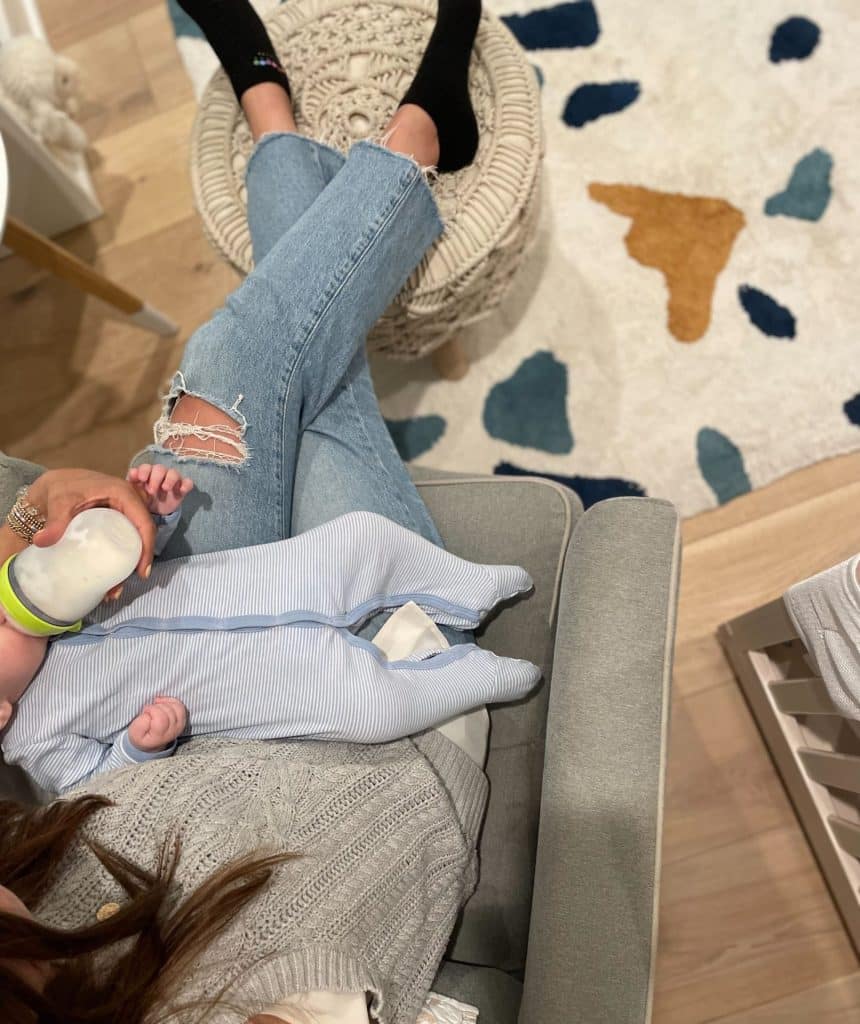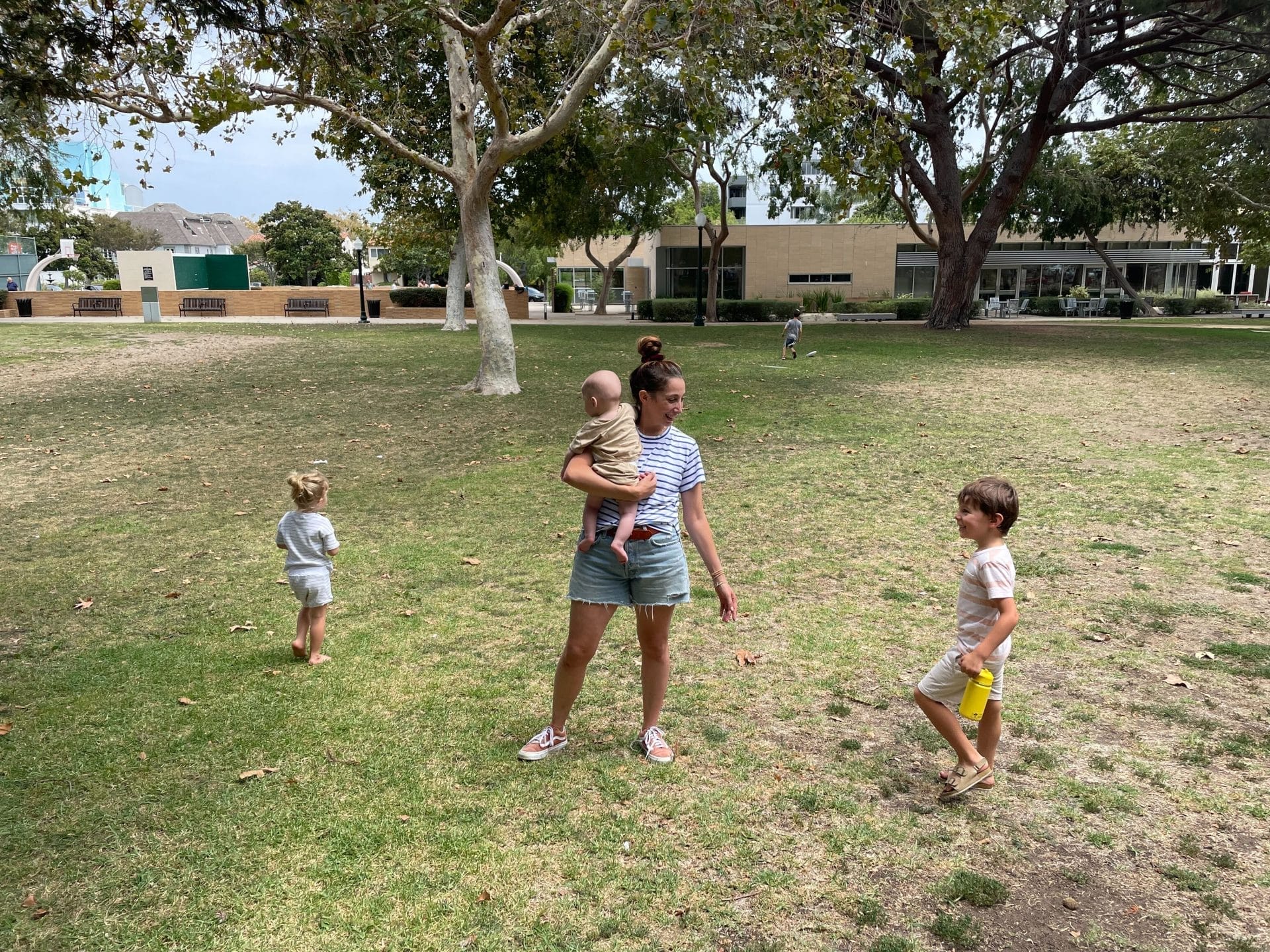We are proud to say that these posts are not sponsored. Our editorial team of Bobbie moms and writers personally select each featured product. If you buy something through our links, we may earn an affiliate commission, at no cost to you.
I’ve given birth to three babies over the last five years, and postpartum fits a little differently each time. With my first, I felt like I was drowning, or stuck in tar, unable to move and just felt stuck. So much of my identity as a mother was tied to my ability to feed my child. I didn’t know how to correctly hold him, I hadn’t memorized lullabies or kids songs to sing, I didn’t have a library with kids books to read to him. I watched him connect with my parents, my husband, my in-laws, but none of them could feed him. That was my job, as his mother, a role that was dedicated solely to me.



When he was three months old, we took a family trip abroad and I became very sick very quickly. I was on a high dose of intravenous medication that was not breastfeeding safe. We searched the foreign formula aisle for brands we could find at home, and although it didn’t seem like a blessing at the time, my son loved formula.
This was a win— but I felt like a failure. What was my role if he didn’t need me for food? He connected so beautifully with my extended family— how did he connect with me differently? I felt really isolated and resentful to everyone else who fell into their role in my son’s life— his father, grandmother, aunt, uncle, etc. It felt like everyone knew where they belonged, but me.
Looking back, I now know that having to stop nursing triggered a long journey of postpartum depression for me. I didn’t have the foresight then to know that being a mother is so much more complicated, beautiful and deep than being the sole food provider.
When my daughter was born two years later, I was so ready to have a redemption postpartum experience. She came 5 weeks early and had a terrible latch. Six weeks of bloody nipples, multiple lactation consultant visits and slow growth curve led me back to formula. This time, there was no shame or guilt in my decision. I first introduced formula as a “top off” after nursing. Since our pediatrician and lactation consultant were both concerned with her weight gain, they recommended supplementing with infant formula. Soon after, she got full bottles, and she turned into a happy, thriving baby who suddenly slept for 6-7 hour stretches. It was a game changer for our entire family.
My third was born five months ago and he is the smallest of all my babies. I introduced Bobbie at the hospital, because a tail-bone injury during delivery made it impossible for me to sit up and even attempt to nurse. With Bobbie available, I felt less pressure to nurse, which allowed me to finally enjoy it. I could nurse at my own pace, on my own time, and be able to appreciate those tender moments with my son, without feeling the pressure to perform.

